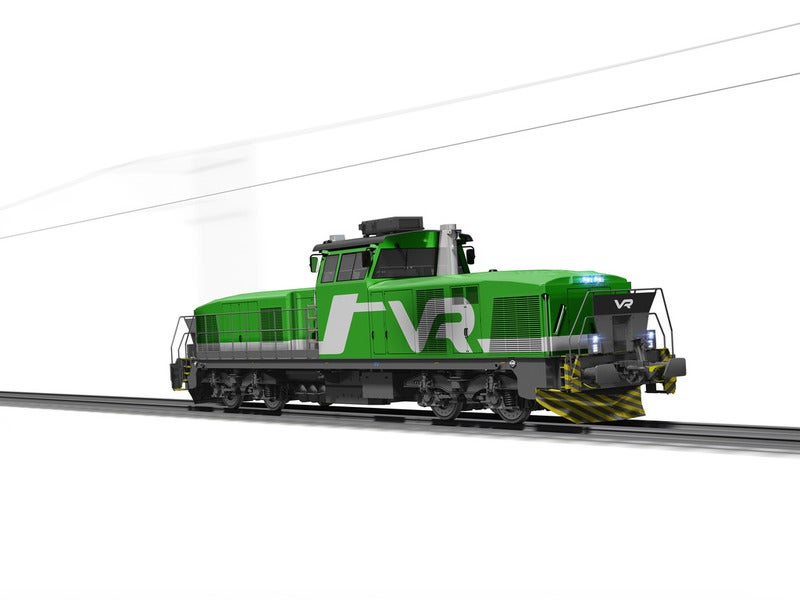
Finnish railway company VR Group has placed an order of 60 diesel-electric locomotives with Stadler following a competitive tender process.
The overall contract includes the option for the delivery of up to 100 additional locomotives, as well as maintenance services from Stadler.

Discover B2B Marketing That Performs
Combine business intelligence and editorial excellence to reach engaged professionals across 36 leading media platforms.
The value of the contract is approximately €200m ($225m).
With the new locomotives, VR Group aims to improve operational efficiency on non-electrified lines, marshalling yards and freight terminals.
Stadler Valencia CEO Iñigo Parra said: “We are proud of having been selected by VR Group as the supplier for the new multipurpose diesel locomotives for Finland.
“This represents a major milestone for Stadler. It strengthens our position in the shunting segment, a market niche, which is expected to grow considerably in Europe in the forthcoming years.

US Tariffs are shifting - will you react or anticipate?
Don’t let policy changes catch you off guard. Stay proactive with real-time data and expert analysis.
By GlobalData“This versatile vehicle will be designed principally for yard operations, as well as for hauling freight trains in main lines, in an efficient and reliable way under extreme temperature and weather conditions.”
The central-cab locomotives to be supplied under the contract can be used for shunting works, as well as for hauling freight and passenger trains. They are expected to enhance operations on non-electrified railway sections.
All the locomotives will be equipped with radio control equipment and ETCS Baseline 3, the local STM ATP safety system and the latest vehicle control system with remote diagnosis capabilities.
Capable of operating at a top speed of 120 km/h, the diesel-electric locomotives are said to be more energy-efficient and reliable compared to the existing VR vehicles.
The first five vehicles are expected to begin service in 2022, with deliveries slated to be completed by the end of 2025.





